Indian-American US presidential hopeful Vivek Ramaswamy has found himself at the center of controversy following his recent comments on the H-1B visa program. In a candid interview with Politico, Ramaswamy not only expressed his desire for reform but also labeled the H-1B program as "senseless" and even likened it to "indentured servitude." He went on to outline his vision of overhauling the existing lottery-based system and replacing it with a more meritocratic admission process if he secures the presidency in the upcoming elections.
Ramaswamy, a prominent Indian-American entrepreneur, has emerged as a prominent Republican candidate vying for the highest office in the United States. His recent statements on the H-1B visa program have catapulted him into the political spotlight, particularly since the debate surrounding immigration reform and skilled worker visas remains a contentious issue within American politics. However, it's essential to note that former President Donald Trump still leads the Republican field, with other notable contenders including Florida Governor Ron DeSantis and former US Ambassador to the UN, Nikki Haley.
Ramaswamy's stance on the H-1B visa program appears to align with the tough rhetoric employed by Trump during his successful 2016 campaign for the presidency. Trump, at the time, adopted a stringent stance on immigration, particularly focusing on reforming the H-1B program. However, it's worth mentioning that once elected, Trump did temper his approach, indicating some flexibility on the issue.
The H-1B visa program, which allows US employers to hire highly skilled foreign workers in specialized fields, has been a topic of debate for several years. Critics argue that it has been abused by some companies to replace American workers with cheaper foreign labor, leading to job displacement and wage suppression. On the other hand, proponents of the program assert that it is essential for attracting top talent and maintaining the competitiveness of American industries, particularly in technology and science sectors.
Ramaswamy's characterization of the H-1B program as "indentured servitude" underscores the contentious nature of the issue. The term "indentured servitude" historically refers to a system where individuals were bound to work under contractual obligations for a specific period, often to pay off debts or secure passage to a new land. In the context of the H-1B program, Ramaswamy seems to be highlighting concerns about the limited job mobility and dependence on employer sponsorship that many H-1B visa holders experience, which can leave them vulnerable to exploitation and restrict their ability to change jobs or seek better opportunities.
One of the most striking proposals put forward by Ramaswamy is his plan to "gut" the current lottery-based system for H-1B visa allocation. This system, which randomly selects a limited number of applicants from the pool of petitions submitted each year, has faced criticism for its lack of merit-based selection. Instead, Ramaswamy advocates for a more meritocratic approach, which would prioritize candidates based on their skills, qualifications, and potential contributions to the US economy.
The debate over the H-1B visa program is far from settled, and Ramaswamy's bold stance is sure to fuel discussions surrounding immigration reform and skilled worker visas in the lead-up to the presidential election. As one of the frontrunners in the Republican race, his views on this issue will continue to draw attention and scrutiny, especially from those on both sides of the immigration debate.
In conclusion, Vivek Ramaswamy, an Indian-American Republican presidential candidate, has ignited controversy with his strong critique of the H-1B visa program, describing it as "senseless" and akin to "indentured servitude." His proposals to replace the lottery-based system with a meritocratic approach reflect his vision for reforming the program if he were to become the next US President. The upcoming election promises to be an intriguing battleground for the future of immigration policy in the United States, with Ramaswamy's views adding a unique perspective to the ongoing debate.







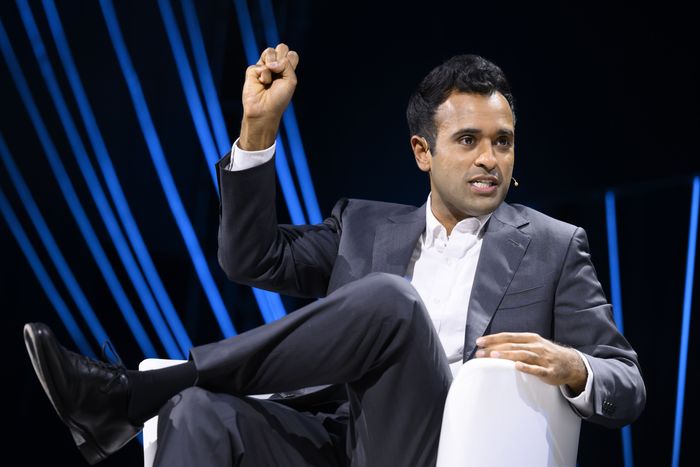
 OpinionExpress.In
OpinionExpress.In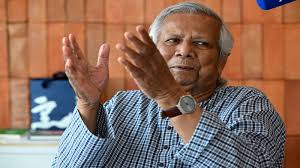
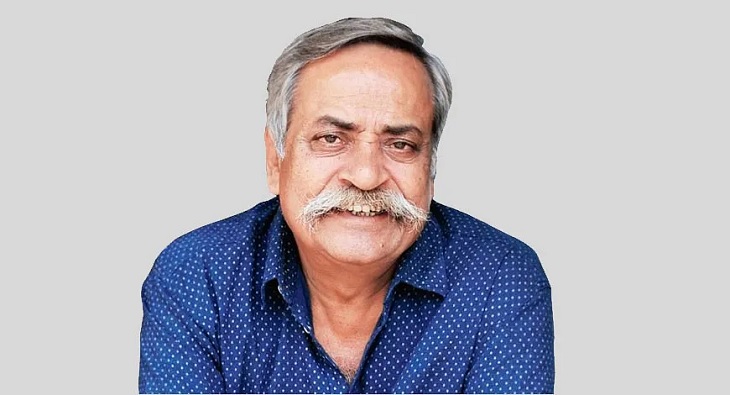

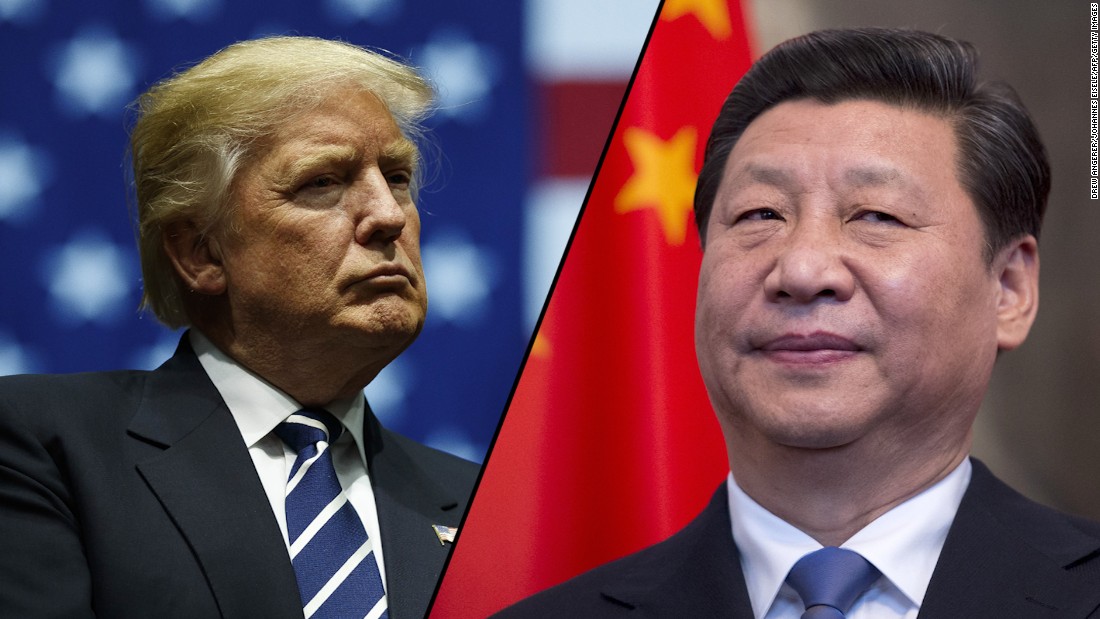
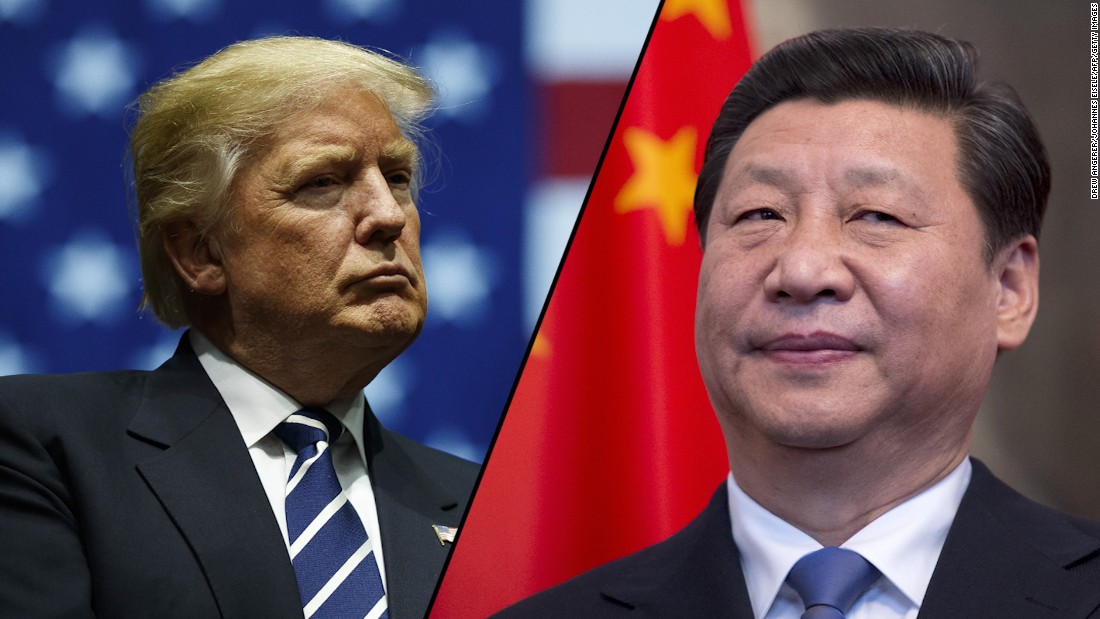
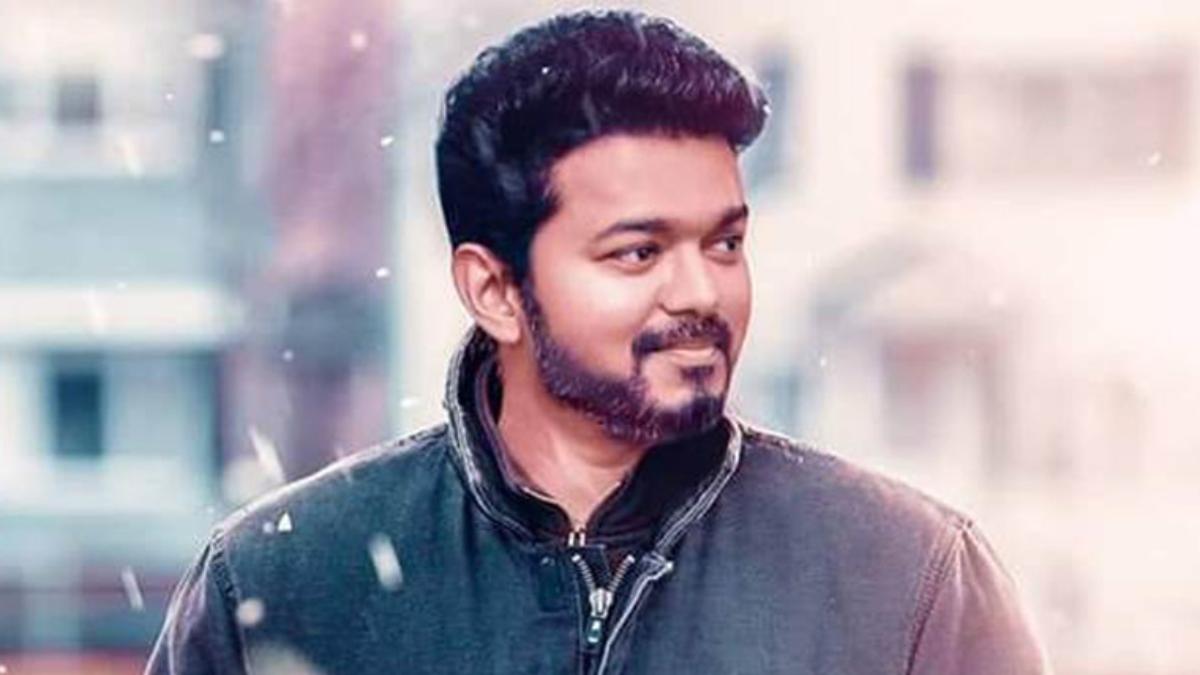



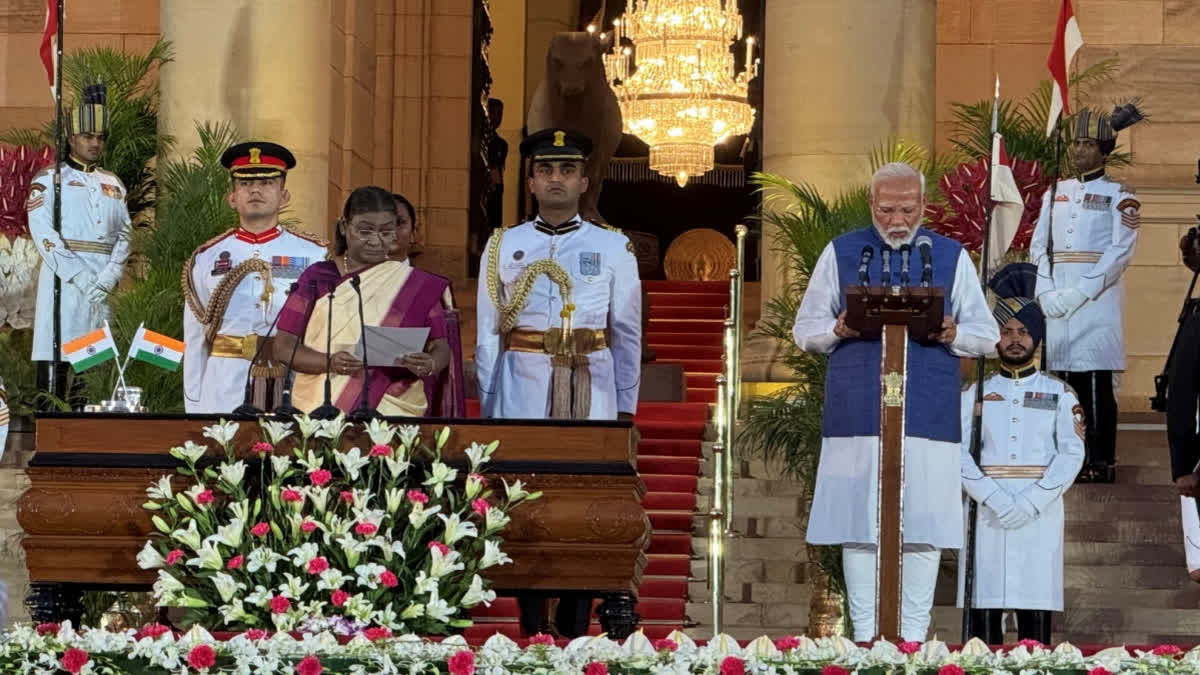






Comments (0)